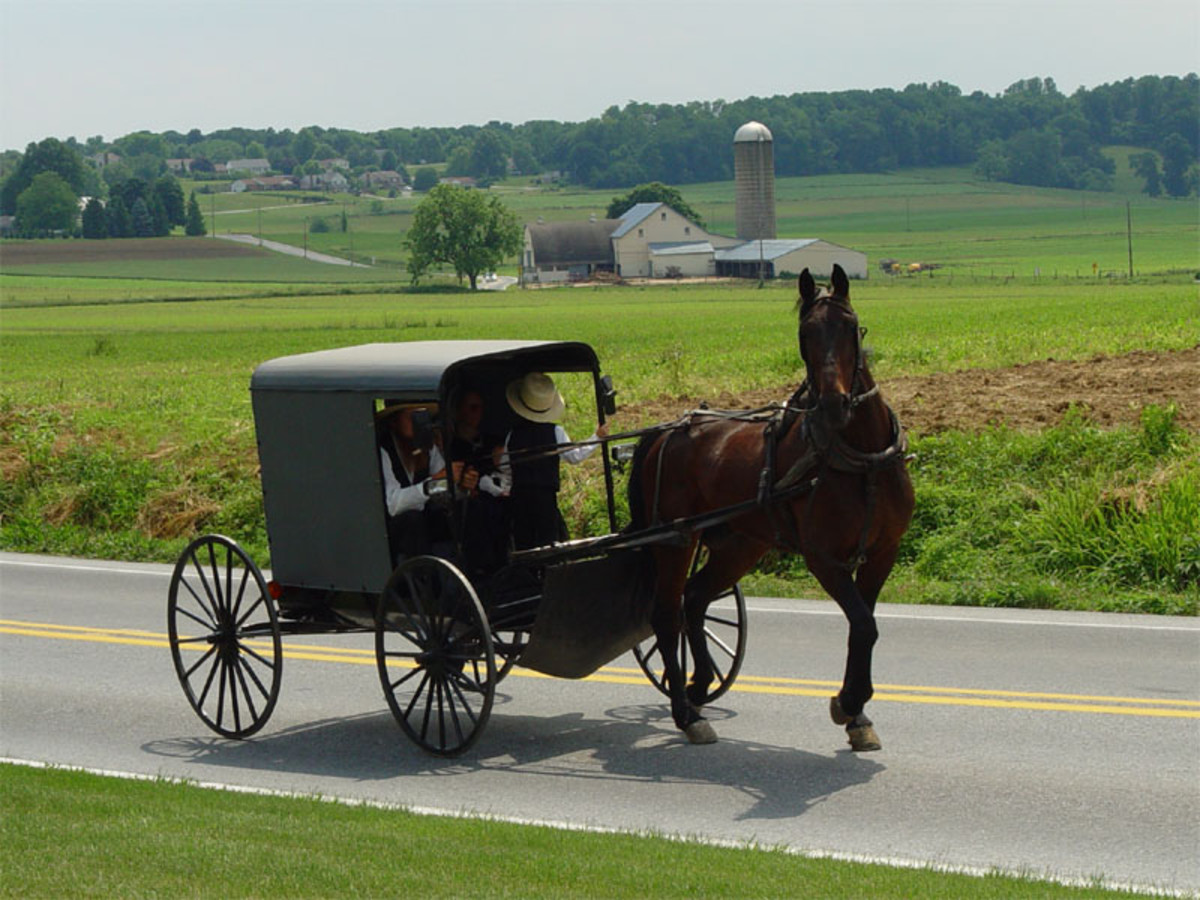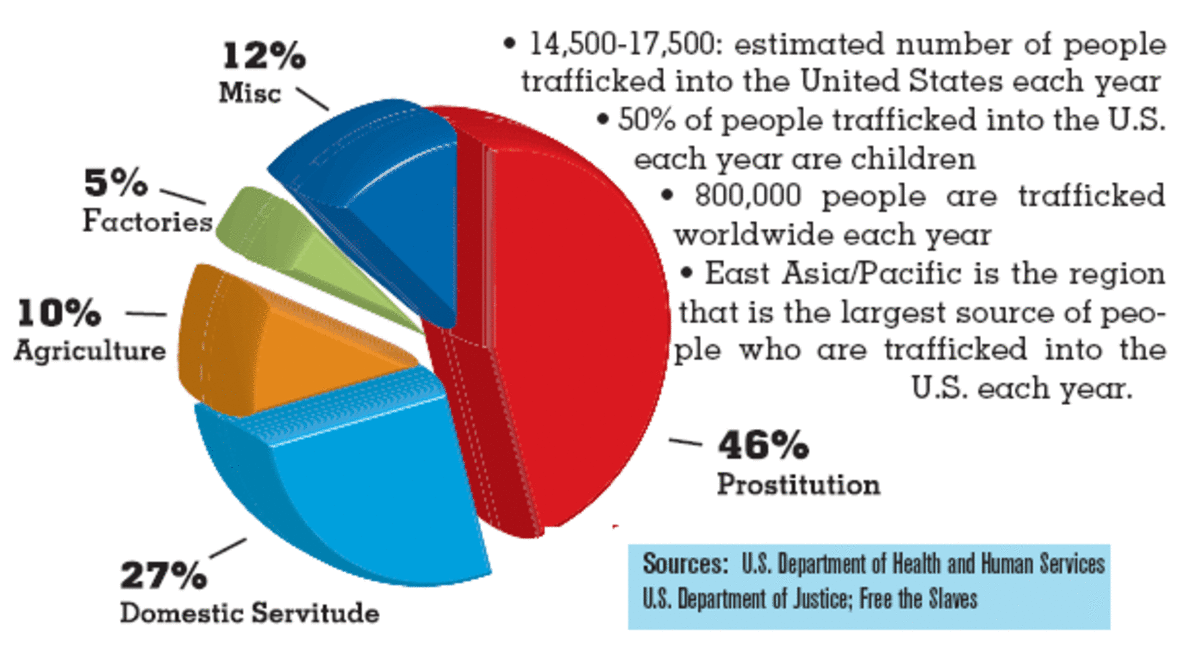10 Simple Ways to Help Create Social Change

What is Social Change?
Social change is a term that has become increasingly popular in the past couple of decades. Social change is simply change for society—good change. Societies around the world face many problems from hunger and poverty, to waste and environmental damage, to educational flaws, to racial equality. Problems can be small, such as traffic congestion, or they can big, such as the spread of HIV/AIDs. At times, the problems which affect communities can seem overwhelming and overbearing.
What can the ordinary citizen do to help solve these problems and make their communities better? At first, it may seem impossible to make a difference, but the truth is that without the creativity, hard work, and commitment of everyday people, many social problems could never be fixed.
Don't Make Excuses
There are many reasons that people, citizens of communities, fail to engage in social change. Some are simply unaware of problems, they may choose to avoid problems, because they don’t want to feel burdened. These are the people who might say “I don’t watch the news anymore, because it is only bad news.”
Then there are others, perhaps the majority of citizens, who recognize problems, but fail to act on what they see. They may:
- Assume is it someone else’s responsibility to fix (the government, big corporations, the UN)
- Feel as though there is nothing they can do to help
- Desire to help, but are not sure how they can make a difference
- Believe they do not have the “proper” education, training, or social status to take on social change
The purpose of this hub is to help those who want to make a difference, but are not sure where to begin. This hub provides 10 very simple activities you can do you to engage in social change. These actions may seem small, even insignificant, but change often starts from the simple steps citizens take to serve their communities. Small things change lives.
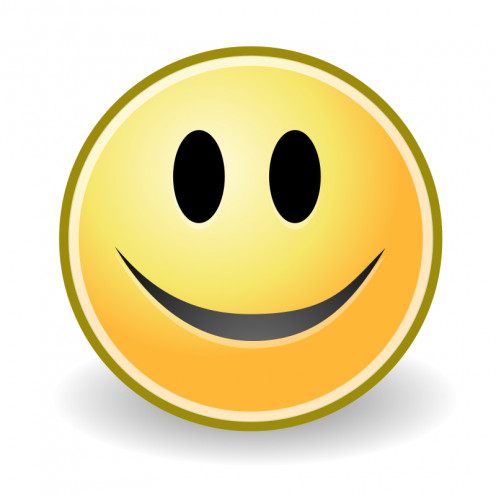
1. Share a smile
This one is too easy…or is it? Our communication: words, body language, and facial composure, can have a big impact on others; often bigger than we realize. Cheerfulness is contagious and by simply trying to find joy in your own life, you can make a difference in the lives of those around you. Try sharing a smile, encouraging a friend, co-worker, or classmate. You never know what others may be dealing with; your attitude and a simple smile can make a difference.
2. Don’t do something that you wouldn’t want everyone in the world to do.
The next time you make a decision, ask yourself, “would it be okay if everyone did this?” For example, if you are getting ready to throw your cigarette butt or hamburger wrapper on the ground, consider the implications of everyone dumping their trash on the ground. Would it lead to a more pleasant community? Would it improve the lives of others? If the answers to these questions are no, then you should reconsider your action. So many people do things carelessly, without thinking about the results of their actions.
If you believe that creating a “greener world” is important, don’t wait for the government to make laws or for the big corporations to “go green.” Start making a difference by living out your ideals. If you think litter is bad, don’t drop it. If you believe cars are bad, ride a bike or take public transit. If you don’t do what you believe others should do, you are hypocritical and can never engage in change. The first step in engaging in social change is to change yourself.
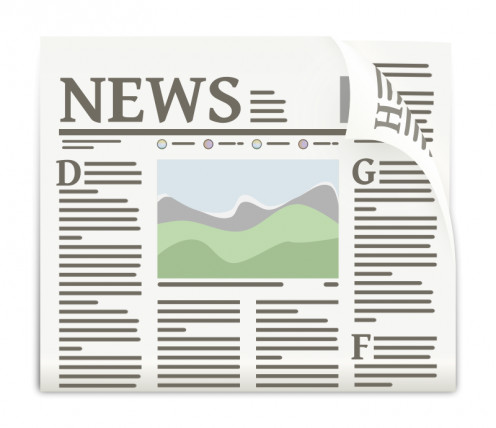
3. Be aware
You can’t help fix a problem you do not know about. Many people are aware of their own problems, but are often much less educated on the problems of others. Social change is about bring good changes for a community, not simply solving our own needs and issues.
Keep an open mind and open eyes. Try to look at life from the perspective of others to get a better understand on social problems. Read the news and check the headlines. While a lot of the news does tend to be negative, there are positive stories that have the power to encourage and inspire.
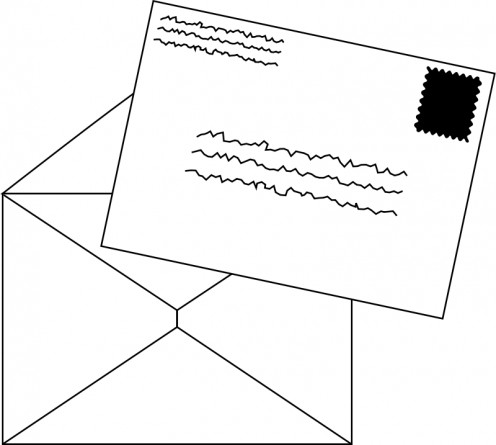
4. Write a letter to your local leaders
Different countries, societies, and local communities have various laws, methods, and customs for communicating to local government leaders. It is good to be sensitive with this one and make sure you are doing what is suitable and fitting. That said, in most situations, it is appropriate to send a polite, respectful, letter to the leader of your local government. In this letter you can state your concern and share your ideas on how to improve the situation. It is important for government leaders to get respectful and open communication from their constituents (citizens).


5. Volunteer at a local non-profit organization or NGO
Most communities are home to numerous charities and organizations which are contributing to social change. Here are a few examples:
- Orphanage
- Homeless shelter
- Food pantry
- Mentoring and care programs for children
- Animal shelters
- Environmental protection and conservation
- Disaster relief and recovery
- Care for those with disabilities
Obviously, the goals and efforts of these organizations vary greatly, but they all have something in common: they are trying to make their communities better. Take time to look up a local charity organization and visit. Inquire about their needs. Most charity organizations have a need for both money and time. They need donations, but they are also dependent volunteers to run and/or enhance their operations. Go serve a meal at a homeless shelter, visit cancer patients, sort canned goods at a food pantry, volunteer to serve as a mentor at an orphanage, or help build a home for someone who lost theirs. Thanks to the hard work of others, most of the time, all you need to do is show up and be willing to serve.
Read More!
- How to Empower Others in the Workplace
Empowerment has become a popular leadership tool. It increases influence and has great potential to improve work performance and motivation. Do you know how to empower? - How to Understand and Define Leadership
Leadership is a popular topic in today's organizations and workplaces, but many are not able explain what leadership means. This hub uses the work of Joseph Rost to define and explain leadership.
6. Pick up trash (litter or rubbish) in your area
Litter seems to be a universal problem. Even in communities that pride themselves on beauty and cleanliness, there can be areas that go unattended. You can often see trash and rubbish accumulate along roads and highways. Just grab gloves and bags and in less than an hour you can pick up hundreds of pieces of litter and truly make your community more beautiful. In addition to removing an eyesore, you can also make the land safer for animals who might suffer from trying to eat the garbage.
7. Volunteer at a local school or community center
Education is a critical part of social change. Consider volunteering at a school, after-school center, or community center to provide administrative, teaching, or tutoring assistance. By volunteering at these types of organizations serving youth, you are contributing to a better next generation. You never know the impact you can have on a young person’s life by giving them knowledge and hope.


8. Raise awareness for a chronic illness or an international issue
Some social issues can seem very daunting. It may not be within your reach to discover a cure for cancer, prevent the spread of aids, or end human slavery, but you can contribute to solving these critical problems. Think about the number of people you have regular contact with and consider how you can influence them and spread awareness for the problem. Awareness among individuals and groups can contribute to issues getting national and international attention. Through the support of governments, NGOs, and private donors, we can make progress and impact lives.
You can mobilize others to join a cause by hosting a meeting to discuss the issue, by sending a letter to friends and family, or by simply talking about the problem with others whenever you see them. Rather than simply spreading bad news, be sure to offer an opportunity for others to contribute, such as making a donation, signing a petition, or volunteering time.

9. Donate money to support a charity or cause.
Even if your gift seems small, it can make a difference, especially when many people join together. Consider that organizations contributing to social change incur many expenses from facilities overhead, to personnel, to supplies. They need funding to operate. Without the gifts of faithful supporters, many NGOs/non-profits would be forced to shut down. With your help, an organization may be able to enhance their services or reach another person in need.
Many charity organizations have made it easy to donate. Most will allow you to give via credit card or bank draft and also provide the opportunity to setup automatic monthly payments (only if you desire) so that you can give every month without even thinking!
What will you do?
Will you engage in social change?
10. Encourage your friends to join you and become a civic leader
Leadership is about influence. Now it is your turn to be a leader. Now that you have contributed to social change it is time to spread the word and get others involved. Alone, your actions and efforts are limited, but when you mobilize others, there are so many possibilities!
This is just the beginning. There are many other ways you can help bring change to your community. Please share your ideas for how we can engage in social change using the comments sections below.
Don’t delay, get started today. You never know when your simple actions can change a life, or a world!


